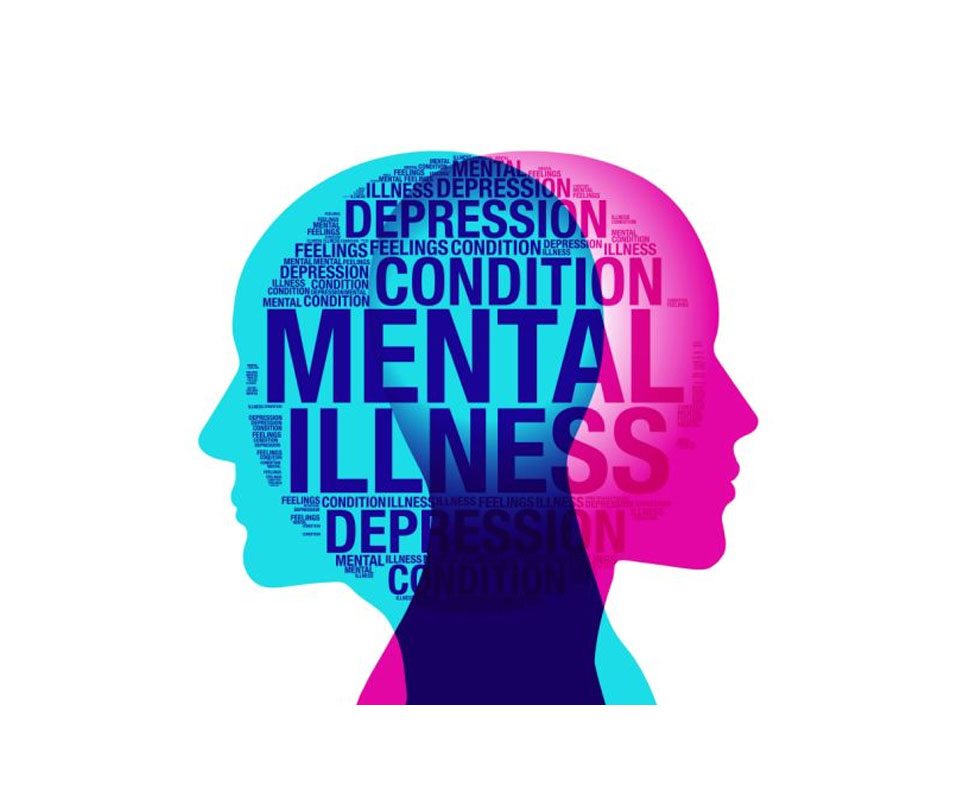
Photo Credit: File Photo
A lot of questions have risen about issues related to mental health especially in this crisis era we are living in. The number of people currently suffering from stress related illnesses has risen significantly over the last decade. This has been an issue that we all cannot afford to ignore.
What are the reasons as to why some people are able to be mentally healthy compared to others when all are faced by similar burdens? After a traumatic event or an occurred catastrophe, the most resilient beings are more susceptible to better living.
Mental illnesses have led to the rise of resilience researchers who are at the verge of identifying strategies that enable individuals prevent the adverse neurological conditions. There are factors that can lead to emotional breakdowns but the most positive part of it is the possibility of a bounce back to common wellbeing.
Traumatic events and stress are part and parcel of our daily lives. These are factors all can agree at a point in time have been some of our encounters. Nevertheless, it is very essential to strive to stay mentally healthy for our own sakes and those all we all tend to adore and are of importance in our lives. Despite situations that tend to make our worlds seem like collapsing, it is far much important to be aware that there is a long rough and tough road ahead.
A bold step towards healing and recovery is developing a positive mindset about betterment. This entails not forgetting those that care for us and those that look up unto us. The first step can be embracing the situation in a good way since every situation in our lives are ought to be fated but not permanent for that matter. Since mental illnesses have been termed as global issue that require immediate attention, this has led to establishment of resilience centers. For instance the largest resilience center in Europe being situated in Mainz, Germany.
A neuroscientist and brain researcher situated at the Mainz facility by the name professor Raffael Kalisch has been researching on the mechanism of brain resilience. The professor indeed had a lot to unpack in one of his interviews. According to the professor, mental illnesses is a topic of discussion far much beyond what we can imagine. A wider field of concentration for that matter.
It is not only because of extreme life events, serious accidents, acts of violence or lose of lives for that matter that causes mental illnesses but also minor stresses that can affect people if they occur frequently and over an extended period of time. According to the researcher, it is in the transitioning phase among the youths that mental related illnesses tend to emerge for the first time and if pre- existing tends to be more severe.
According to medical researchers it is now possible to examine the levels of stress hormone cortisol in human beings especially through hair and blood samples of different individuals. Advanced medical technologies such as use of Magnetic Resonance Imaging commonly abbreviated as MRI have also been used to examine the extent through which stress affects the brain and the body at large. The research has been a success as since it was officially commissioned in 2016 researchers have been able to come up with resilience factors that enables individuals to assess their stress levels. Enabling individuals to be aware of their stress levels enables them to take more precaution and be keen especially for those affected to strategize on how to get well.
According to neuroscientist Raffael Kalisch, there is a connection to optimism and the fact that people with mental illnesses believe that somehow they can cope with the situation. Someone who cultivates this kind of positive assessment style is more likely to survive. It has been a huge task understanding how psychiatric illnesses such as clinical depression develop. On the other hand, researchers have indicated that resilience can only be measured by stress context. Resilient behavior does not mean simply confronting every impeding danger but rather weighing up the situation and adapting behavior accordingly.
According to studies, individuals that are in position to distinguish between negative and neutral stimuli are better protected against stress and stress associated illnesses. In a research in Munich at Max Planck Institute of Psychiatry trying to identify how some people are able to develop resilience during stress periods, genetic predisposition becomes one of the key factors. Could it be that some people tend to be genetically predisposed to react to more or less stress and therefore are more or less at risk of being susceptible to post traumatic stress disorder and depression at large?
According to medical research conducted, there are genes responsible for stress regulation. It is activated during stress and ensures an important enzyme is released. Stress causes too much of this gene to be released and too much of the hormone even during slightest stress. Too much of this hormone in the long term is bad for brain processes which in turn increases the risk of mental illnesses. According to research conducted, variants of this gene could be responsible for why we more or less react to stress. If people suffering from mental illnesses are abandoned, there will be no resilience within them. For that said, it is a collective responsibility to walk with them during this time.
Children protection could also be one of the ways to prevent mental illnesses at an early stage. It is also possible for mental illnesses to be stimulated during birth. When the mother is not doing so well, the relationship with the child will also be affected. If the situation is not intervened earlier, it becomes a neurological catastrophe. Music, family, friends and therapy can be one of the solid ways to cope during this period of turmoil.
By Carlos Mureithi
INSTAGRAM @Carlos._Rubia






















